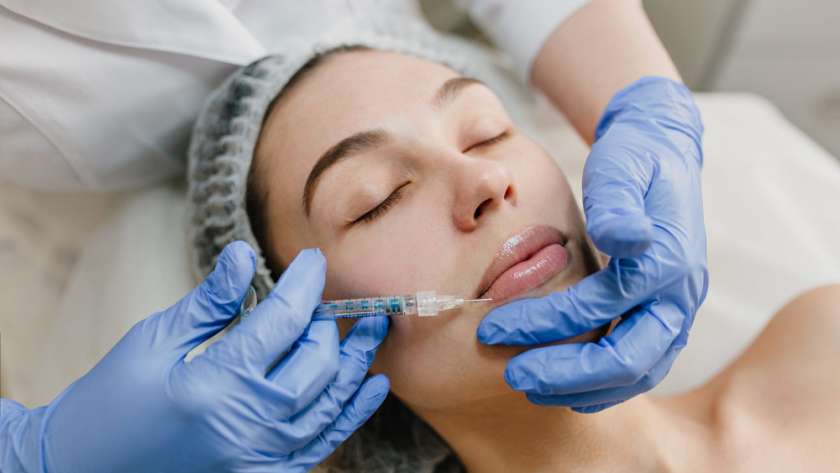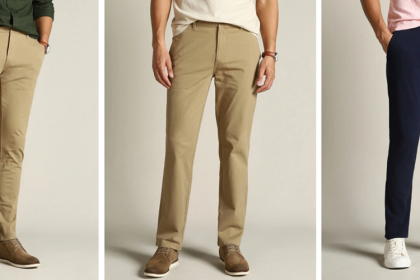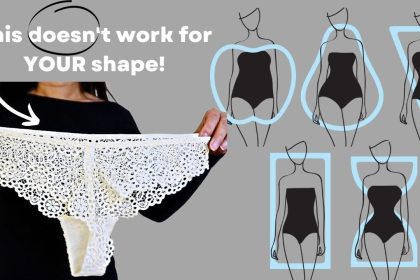Acne is a complicated disorder with several contributing variables and causes. While minor instances with proper hygiene and over-the-counter treatments, people with severe or moderate acne may face a lengthy path to clear skin. Acne impacts more than just one’s looks; it may also impair one’s emotions, self-esteem, ego, and lifestyle, according to research after study. According to studies, the more acne persists, the more probable it is to have an emotional impact.
Individuals with acne scars must medicate as soon and as successfully as feasible, and this frequently raises the question: which acne treatment is best for everyone?
Can injectables repair all forms of acne scars?
Acne is the world’s second most prevalent illness, and it can cause scars in up to a 95percent of patients. Innovation is on your side when it comes to treating acne scars. Employing medical injectables such as dermal fillers, botulinum toxin, and platelet-rich plasma therapy is the best way to repair forms of acne scars.
Injections of dermal fillers
Various forms of derma filler can be employed to treat acne blemishes and have one thing in common: the ability to rapidly and substantially enhance the look of acne scars. Dermal fillers operate by correcting the scar’s depression, resulting in a much more even complexion. Hyaluronic acid is the most prevalent form of dermal filler. These injections reduce acne scars and are suited to boxcar scars.
Injections of botox
Botulinum toxin injections, such as Botox, are often combined with dermal fillers to smooth out pursed skin surrounding acne scars, especially rolling scars. The toxin calms the muscle surrounding the wound and lessens the tension on the injured region of the skin, while the filler smoothes out all the depressed areas.
Botulinum toxin effects are not as quick and do not persist as long as dermal fillers, yet downtime is also low.
Platelet Rich Plasma therapy or PRP
PRP is a highly successful treatment for all three forms of atrophic acne scars, and accumulating evidence is that treatment for hypertrophy acne scars. Additionally, PRP therapy is effective for treating acne scars because it uses the body’s inherent healing qualities to renew, tighten, and re-normalize the skin.
At the start of the therapy, a small portion of your blood and plasma to separated and injected into acne scars.
The platelet-rich plasmas start producing proteins to enhance epidermal volume and collagen synthesis. A minimum of two sessions are often required to achieve the optimum benefits of 18 months. There is no time for rest.
Consult a board-certified dermatologist.
Acne scar therapy begins with a dermatologist visit. There are many alternatives for treating acne scars. Regenerer’s professionals will fulfil your beauty and skincare demands and monitor you to obtain the most effective results from their cosmetics injectables.





